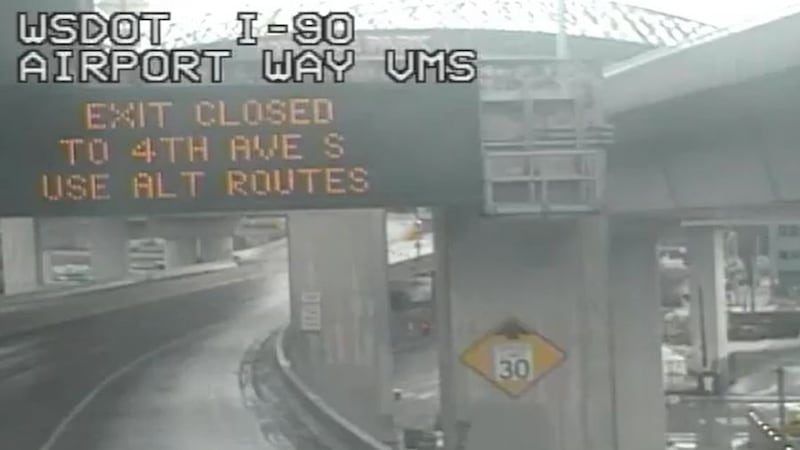SEATTLE — The products are industrial-sized. The quantities are massive. So is the store itself.
Is buying in bulk at one of those big warehouses really more beneficial?
KIRO 7 decided to look at how much shoppers are really saving when they visit one of those big bulk stores. And, how to avoid getting tricked with some fake deals.
Bulk buying is a strategy many of us use to try and get more bang for our buck. But, if you’ve ever walked out of one of those huge stores wondering if you truly saved money, you’re not alone.
So, we spoke with shoppers and experts to break down whether buying in bulk is better for your pocketbook. That includes Edgar Dworsky, who says the key to saving is to make sure you plan on using what you buy.
“If the product is going to go bad and you’re not going to use it, you really haven’t saved money,” said the Consumerworld.org Founder.
Meanwhile, if you want to figure out if you’re really getting the most for your money, Dworsky suggests you search out the pricing per unit.
“Check for that sign on the shelf that says how much you’re paying per pound,” he continued. “Six pounds costs about $1.25 to $1,50 a pound. That’s great. If you just want to stop and shop, you may see another store charges $2.99 for a pound, so that is a huge savings.”
Furthermore, Cameron Nakashima of the Better Business Bureau (BBB) advises shoppers to be smart. Don’t fall for something that seems too good to be true.
According to the BBB’s Media Engagement Manager, you should “look up their website, look up the deal. Make sure that that’s actually a deal that is running at that store. And, while you’re there, we’d recommend just going down that avenue.”
However, he says it’s unlikely you’re going to run into issues at actual brick-and-mortar stores.
“The good news is, if we talk in terms of scams…we don’t see a lot of actual scams taking place in person, at a store, when somebody’s buying in bulk,” notes Nakashima. “A lot of times, what we see when it comes to retail scams is a lot of that takes place online.”
That means shoppers should also be on the lookout for “card declined” scams.
According to the AARP, some online thieves will disguise themselves as your favorite bulk retailer’s site, making you think you’re buying from the real place.
You’ll click items into your cart, get ready to pay, only to have your card declined. But, in reality, the fake retailer has already charged you.
A reminder, if you do get declined: don’t swipe twice. Their best advice? Instead of using your debit card to purchase items, opt for a credit card that has better protections.
We also reached out to the Washington State Attorney General’s Office to see if complaints are regularly filed against bulk shopping stores. Specifically, if those businesses ever use sneaky marketing tactics or false advertising.
“Our Consumer Protection Division receives complaints against all the large retailers,” Deputy Communications Director Mike Faulk told us. “Most appear to concern return/warranty issues. The division said they’re not aware of any complaints regarding deceptive marketing with respect to bulk purchasing, at least not in the last 12 months.”
In the meantime, shoppers have complained that one of the biggest issues with buying in bulk is that it’s hard to buy local.
As a result, some people may opt to buy items in smaller quantities or support local mom-and-pop stores around their community that might be struggling.
©2025 Cox Media Group





